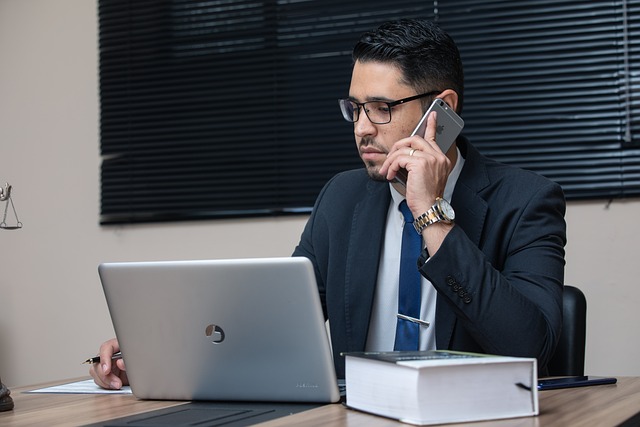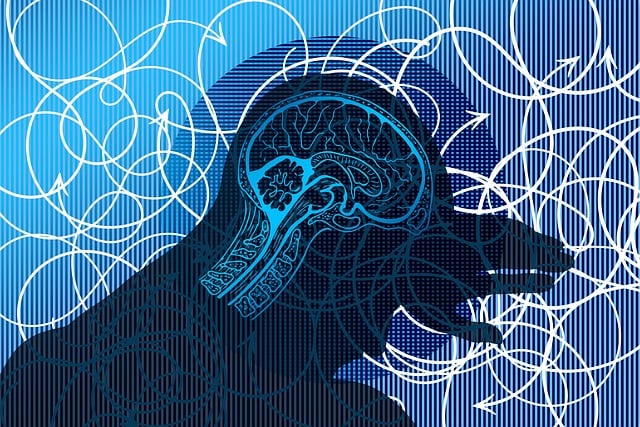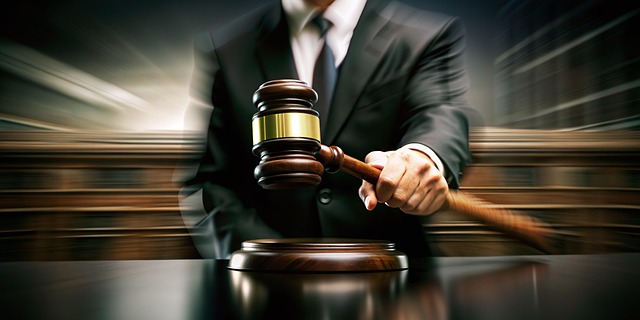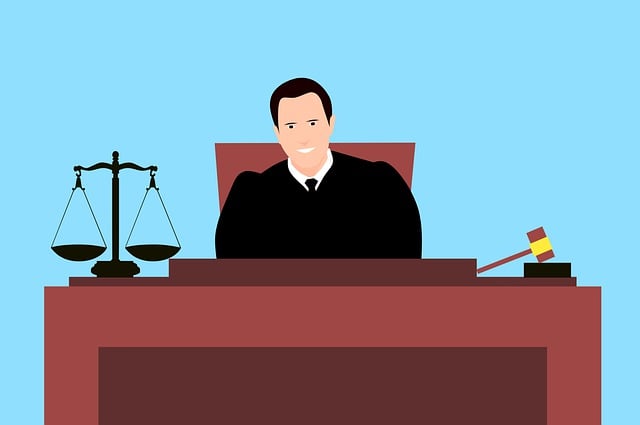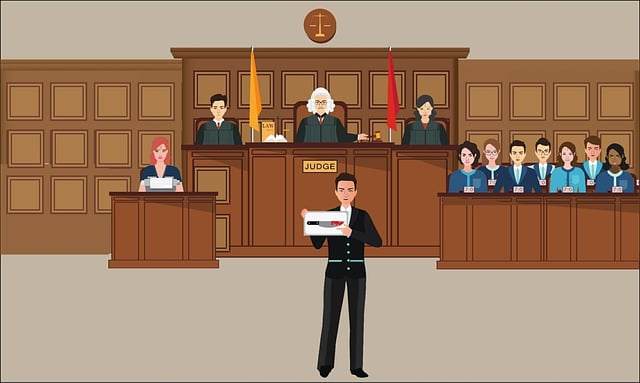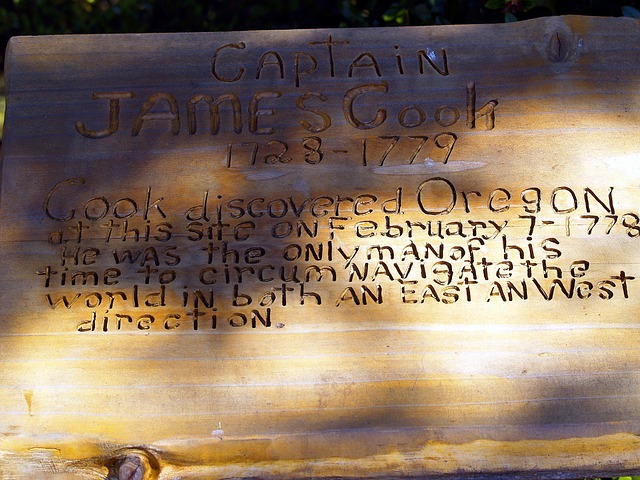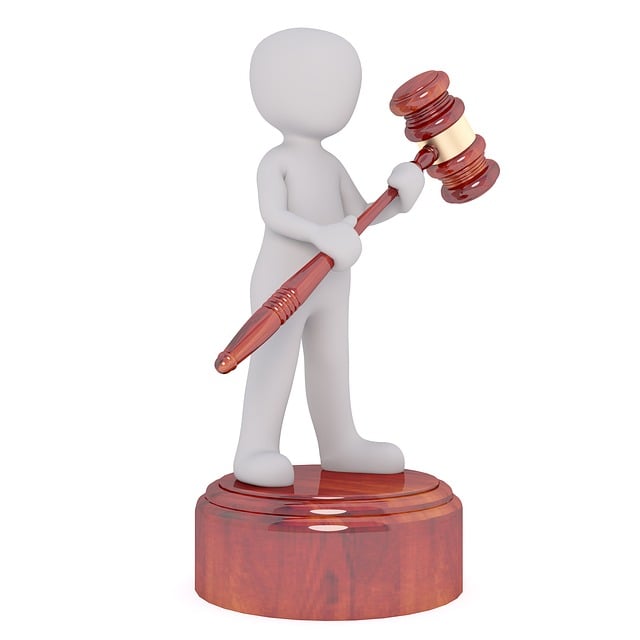Oregon's criminal justice system prioritizes fairness and justice, ensuring individuals receive a thorough, impartial fair trial advocacy process. Structured legal procedures empower attorneys to challenge evidence and argue robustly. Legal counsel protects rights, challenges illegal searches, ensures admissible evidence, and advocates for fair sentencing. Evidence is pivotal; defense attorneys scrutinize prosecution evidence through research, expert testimony, and cross-examination. Pre-trial hearings allow strategies to be formed, while jury selection meticulously uncovers biases to secure impartial verdicts.
“Oregon’s criminal defense procedures offer a robust framework for ensuring fair trial advocacy. This article guides you through the intricate legal landscape, from the foundational principles of Oregon’s criminal justice system to critical pre-trial hearings and jury selection. Understanding your rights to legal counsel and the role of evidence in procedural safeguards is paramount. Discover how each stage, from initial accusations to verdict, impacts your defense strategy, empowering you with knowledge to navigate Oregon’s criminal court system effectively.”
- Oregon's Criminal Justice System: A Foundation for Fair Trial Advocacy
- Understanding Your Right to Legal Counsel
- The Role of Evidence and Procedural Safeguards in Defense
- Pre-Trial Hearings: Key Stages in Building a Strong Defense Strategy
- Jury Selection and the Pursuit of an Unbiased Verdict
Oregon's Criminal Justice System: A Foundation for Fair Trial Advocacy

Oregon’s criminal justice system is designed to uphold the principles of fairness and justice, providing a robust foundation for effective fair trial advocacy. The state’s legal procedures are structured to ensure that individuals accused of crimes receive a thorough and impartial process, allowing them to mount a robust defense. At its core, this system emphasizes the rights of both the prosecution and the defense, fostering an environment conducive to a just outcome.
Through a well-defined set of rules and regulations, Oregon’s courts guide the criminal process, from initial arrests to final judgments. This structured approach enables legal professionals to navigate the complexities of fair trial advocacy with confidence. By understanding these procedures, attorneys can effectively challenge evidence, question witnesses, and present compelling arguments on behalf of their clients, ultimately securing a fair and impartial verdict.
Understanding Your Right to Legal Counsel

Understanding your right to legal counsel is a crucial step in ensuring a fair trial advocacy process in Oregon. Every individual accused of a crime is entitled to consult with an attorney, who can provide invaluable guidance throughout the legal proceedings. Legal counsel plays a pivotal role in protecting your rights and ensuring that evidence is handled appropriately. An attorney will help you navigate the complex criminal justice system, explain your options, and represent your best interests in court.
Having a competent lawyer by your side ensures that you are aware of your rights, including the right to remain silent and the right to confront witnesses against you. They will challenge any illegal searches, ensure that evidence is admissible, and argue for a fair sentencing if you are found guilty. The presence of legal counsel can significantly impact the outcome of your case, ensuring that your rights are protected and that you receive a just and equitable trial.
The Role of Evidence and Procedural Safeguards in Defense

In Oregon, the role of evidence is pivotal in criminal defense, as it forms the backbone of legal arguments and determines the outcome of trials. Defense attorneys play a crucial role in navigating this process, ensuring that their clients receive a fair trial advocacy. They meticulously scrutinize evidence presented by prosecution, challenging its admissibility and reliability. This involves extensive research, expert testimony, and strategic cross-examination to weaken the state’s case.
Procedural safeguards are equally important, designed to protect the rights of the accused and ensure the integrity of the legal process. Oregon’s criminal defense system employs various mechanisms such as plea bargaining, pretrial hearings, and robust discovery rules. These procedures allow defense lawyers to gather evidence, inspect police reports, and prepare effective strategies. By leveraging these safeguards, attorneys can identify weaknesses in the prosecution’s case, raise procedural objections, and ultimately fight for a just outcome for their clients.
Pre-Trial Hearings: Key Stages in Building a Strong Defense Strategy

Pre-trial hearings are pivotal moments in Oregon’s criminal justice system, serving as key stages for building a robust defense strategy. During these proceedings, both the prosecution and defense attorneys have opportunities to present arguments, challenge evidence, and shape the narrative of the case. Key aspects include motions to suppress ill-obtained evidence, requests for witness lists, and discussions on admissible testimony. These hearings allow for thorough scrutiny of the state’s case, ensuring a fair trial advocacy approach.
Defense attorneys leverage pre-trial hearings to gather insights into the prosecution’s strategy, identify weaknesses in their case, and develop effective counterarguments. It is a critical period for gathering evidence, deposing witnesses, and forming a solid defense plan. Through meticulous preparation during these stages, Oregon residents accused of crimes can better navigate the legal process, ultimately aiming for a just outcome that respects their rights to due process and a fair hearing.
Jury Selection and the Pursuit of an Unbiased Verdict

Jury selection is a critical phase in Oregon’s criminal justice system, aiming to ensure a fair trial and an unbiased verdict. This process involves meticulous filtering of potential jurors to find individuals who can set aside personal biases and prejudices, making them capable of objectively evaluating the evidence presented during the trial. The defense and prosecution both have limited peremptory challenges, allowing them to dismiss certain jurors without providing a reason, but these must be used judiciously to avoid discrimination.
Fair trial advocacy plays a pivotal role in this selection process. Lawyers on both sides are tasked with questioning potential jurors thoroughly to uncover any biases or connections that might influence their decision-making. This includes delving into their personal experiences, knowledge of the case (if any), and their understanding of the legal principles at play. By engaging in robust yet respectful dialogue, attorneys ensure that only impartial jurors reach the final pool, ultimately contributing to a more just and reliable verdict.


